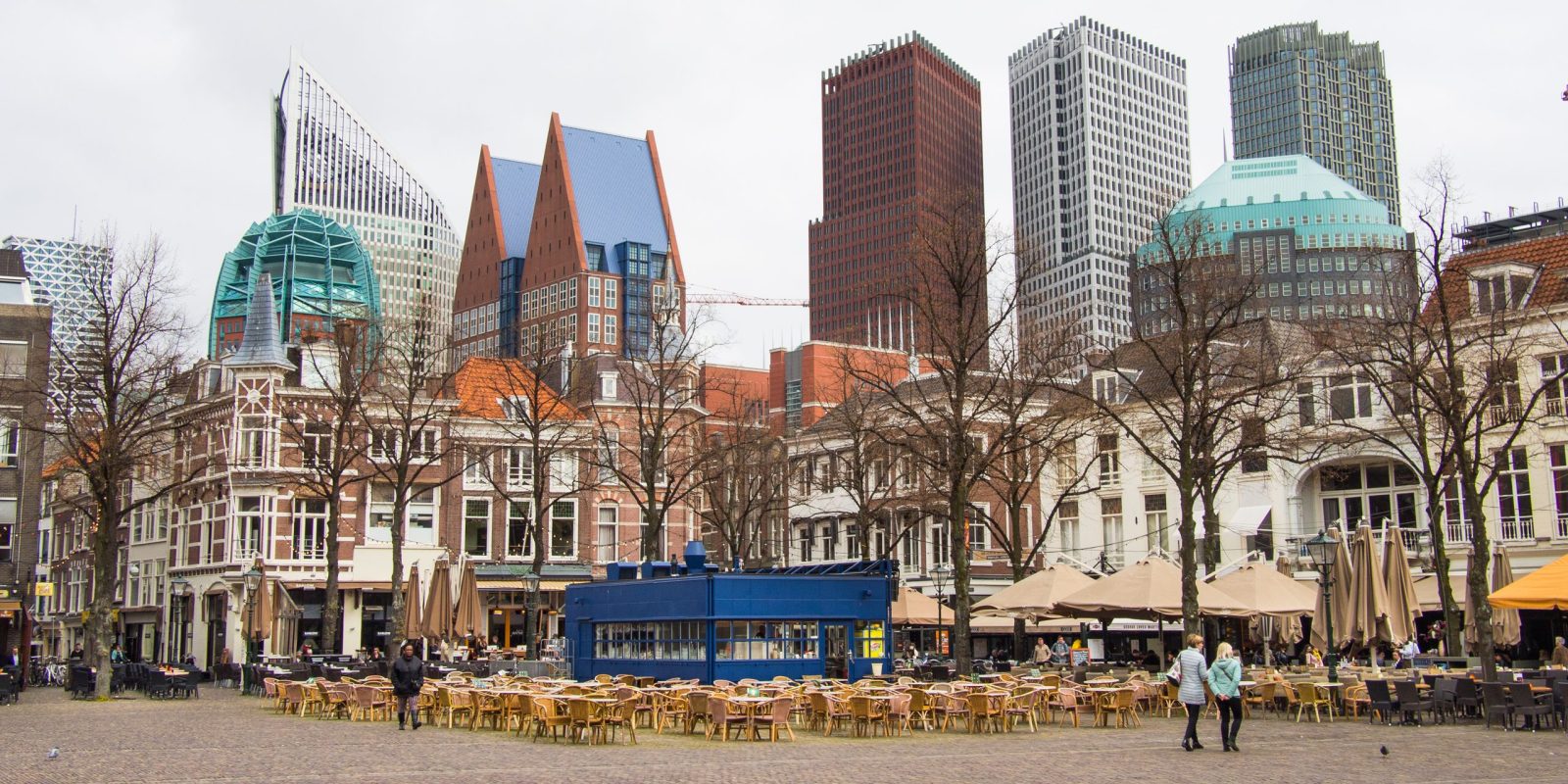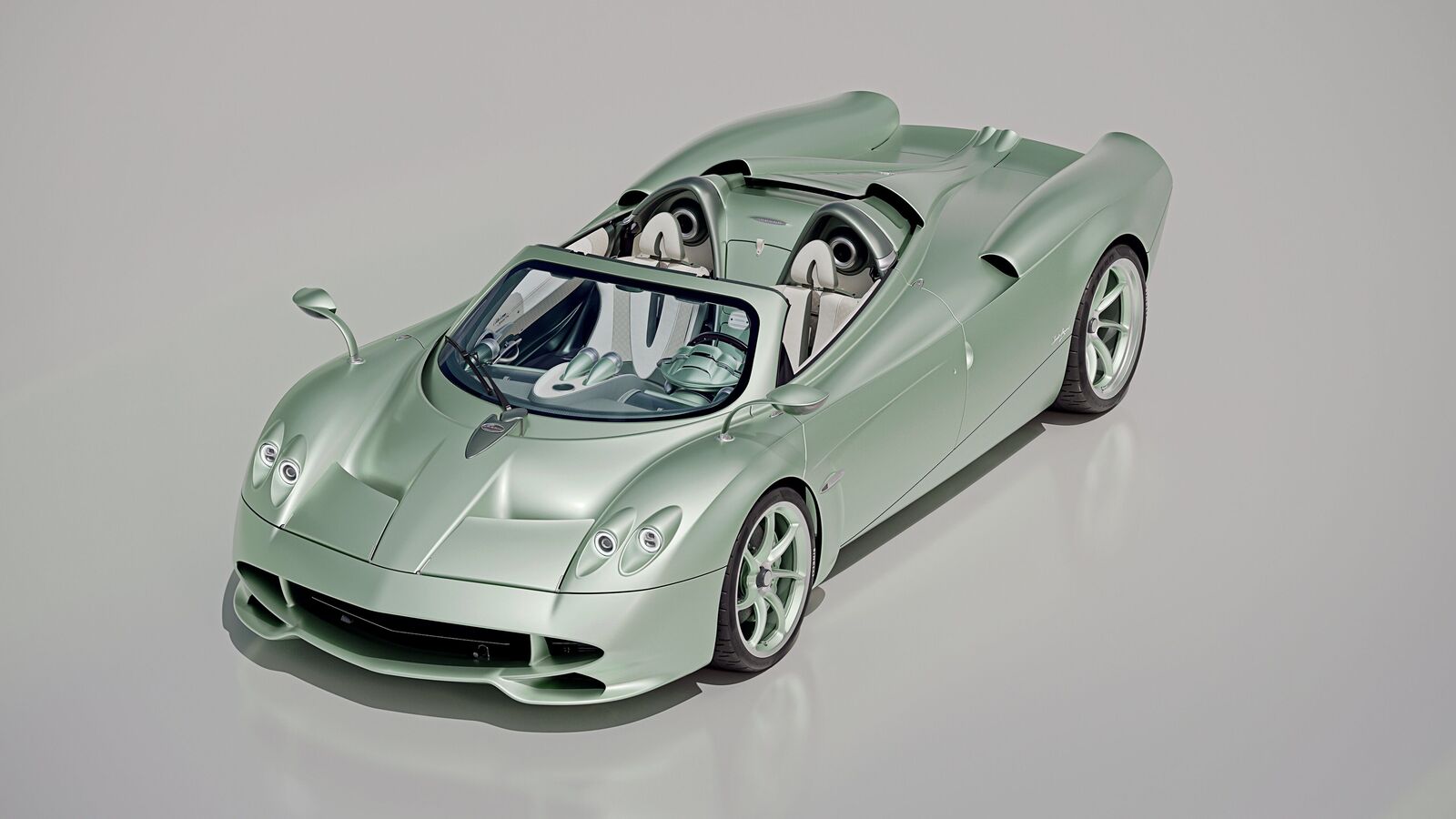The Hague, Netherlands’ third-largest city, has passed a local ordnance banning fossil fuel advertisements and ads for other highly-polluting services in the city, becoming the first city in the world to do so.
The ban encompasses not just fossil fuel advertising, but also for highly-polluting services like airline and cruise vacations and, best of all, gasoline-powered vehicles (but really, who would ever want to waste money on an inferior gas vehicle anyway, right Electrek readers?).
It will apply mainly to outdoor advertising in the form of billboards, displays in outdoor walking areas, ads on and inside transit, and so on.
The Hague had previously announced its intent to be climate neutral by 2030, so the city finds this to be a necessary step towards that goal. “The Hague wants to be climate neutral by 2030. Then it is inappropriate to allow advertising for products from the fossil industry. Fortunately, the city council now recognizes this,” said Leonie Gerritsen of the Party for the Animals.
The fossil ad ban was first proposed by the Party for the Animals. It builds on a previous motion to ban fossil ads from bus shelters, which had gained broad support from the representatives of the green party, labor party, socialist party, centrist minority-rights party DENK, progressive pro-Europe party Democrats 66, and the center-right Christian Union.
The Netherlands, particularly in its cities, has one of the more advanced transportation systems in the world. Bicycles are heavily used within Dutch cities, and bike infrastructure is ubiquitous. This results in high safety as cyclists are properly protected on the road, high throughput from bicycles that take up a lot less space than cars, and low transportation emissions through the use of the most efficient transportation method man has ever devised.
The country is also among the best in electric car penetration, with just under half of new vehicles being electric – lagging only behind (all of the) Nordic countries in electrification of its automobiles.

However, as a nation, Netherlands lags behind standout countries in terms of per capita emissions. Despite heavy use of bicycles and EVs, each Dutch person emits about 50% more CO2 than the citizens of nearby France, UK or Denmark, or twice as much as nearby Sweden. (Though all of these countries have lower emissions than the US, the world’s largest all-time emitter, and even better than the cleanest US states like California and New York)
This is primarily due to Netherlands’ energy system, where fossil gas coal still make up a large part of the country’s grid, as opposed to the heavy use of nuclear in France, wind in UK and Denmark, and hydro in Sweden. Netherlands also uses fossil gas for home heating, and is one of the most gas-reliant countries in Europe with over 90% of homes using it for heating. This has also affected their energy security during the continent-wide gas crisis that came with Russia’s invasion of Ukraine.
Fossil advertising bans could help to bend the needle on both of those aspects – while consumers don’t always have direct purchasing power over electricity generation or home heating choices, reducing the amount of propaganda from fossil companies means more might make the choice to install home solar (you can too, with our affiliate link) or to replace their fossil gas heating system with a more efficient heat pump.
Some other cities have “banned” fossil fuel ads, such as Edinburgh, Scotland. Amsterdam is also currently working on a ban. However, these bans are different than The Hague’s, because they will be done through contract amendments with advertising companies, rather than through a local law.
That method can be easier to achieve at first, but can take longer to go into effect as the city needs to wait for rolling contracts to be renewed or to buy out existing contracts. The Hague’s method will go into effect immediately in just over three months, on January 1, 2025.
Electrek’s Take
Fossil fuel companies have spent more than a century propagandizing to the public about their benefits, and they wouldn’t do it if it didn’t work.
While oil company ads greenwashing their contributions to renewable power may seem harmless, there’s a reason they run those ads, and it’s not because they genuinely want to improve the world. It’s because they want you to think they’re better than the other evil oil companies, and to continue giving money to support their environmental terrorism.
So it’s about time that we stop them from doing this propaganda, especially after the decades-long campaign of lies that they have engaged in. Good on the Hague for being the first to do it, hopefully they can be a model for many other cities, countries, and the world.
(Incidentally, The Hague is also the seat of the International Criminal Court… but unfortunately this ban was passed by the local city government, rather than being enforceable with criminal prosecutions worldwide on oil executives who have lied for decades while doing untold damage to humanity, animals and the climate in general. Maybe next time (one can hope…))
If you’re considering going solar, it’s always a good idea to get quotes from a few installers. To make sure you find a trusted, reliable solar installer near you that offers competitive pricing, check out EnergySage, a free service that makes it easy for you to go solar. It has hundreds of pre-vetted solar installers competing for your business, ensuring you get high-quality solutions and save 20-30% compared to going it alone. Plus, it’s free to use, and you won’t get sales calls until you select an installer and share your phone number with them.
Your personalized solar quotes are easy to compare online and you’ll get access to unbiased Energy Advisors to help you every step of the way. Get started here. – ad*
FTC: We use income earning auto affiliate links. More.





